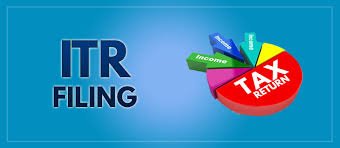The revamp of the e-filing Income Tax Return (ITR) portal, now referred to as ITR E-Filing Portal 3.0, appears to be a significant improvement over its predecessor. Here are some key takeaways from the internal circular and expected enhancements:
Key Features and Improvements:
- Core Features Retained: The new portal will maintain the essential functions of Project IEC 2.0 while introducing various enhancements for a more user-friendly experience.
- Enhanced User Experience: The updates aim to create a seamless and secure process for taxpayers, making e-filing more efficient.
- Centralized Processing Centre (CPC): This will continue to manage the processing of ITRs submitted via the portal.
- Feedback Mechanism: The tax department is actively seeking feedback from taxpayers, tax professionals, and department officials to identify strengths and weaknesses of the current system and gather suggestions for improvements.
- Committee for Feedback: A committee led by a senior officer will be established to collect and analyze feedback, with recommendations expected by November 30, 2024.
Expected Impact:
- Reduced Grievances: Enhanced technology and infrastructure may lead to fewer complaints regarding the e-filing process.
- Improved Compliance Rates: A more efficient and user-friendly system could encourage more taxpayers to file their returns electronically.
- Faster Refunds: Improved processing times are anticipated, allowing taxpayers to receive refunds more promptly.
Overall, the introduction of Project IEC 3.0 seems to focus on making tax compliance easier and more efficient for taxpayers. Would you like to know more about specific features or any other details?
Disclaimer: The information provided in this article regarding the upcoming ITR E-Filing Portal 3.0 is based on an internal circular dated October 8. While efforts have been made to ensure the accuracy and completeness of the information, users are advised to verify details with official sources or consult tax professionals for specific guidance related to their individual circumstances. The tax department’s final implementation plans may differ from those outlined, and any feedback or recommendations mentioned are subject to review and approval.

Leave a Reply